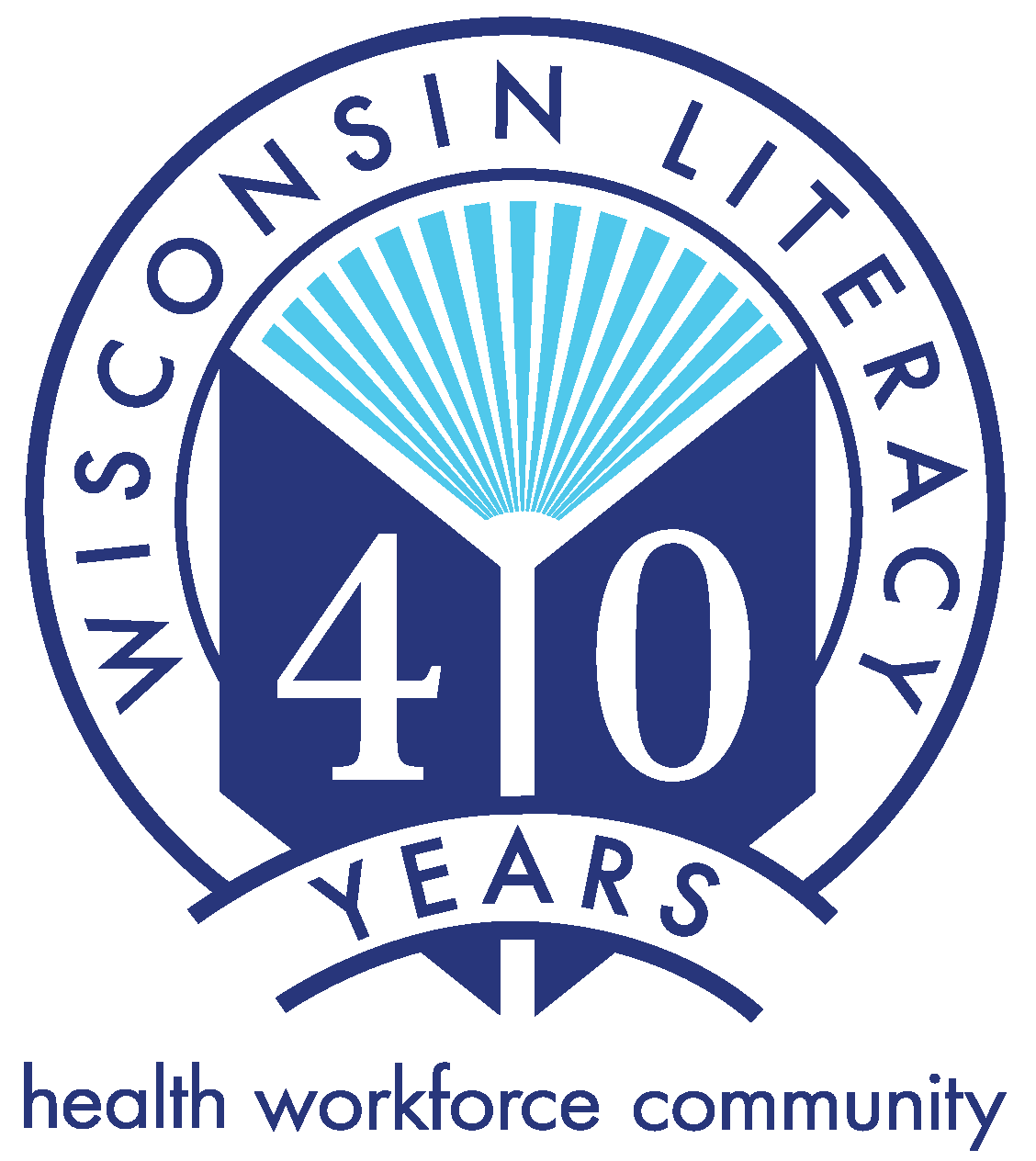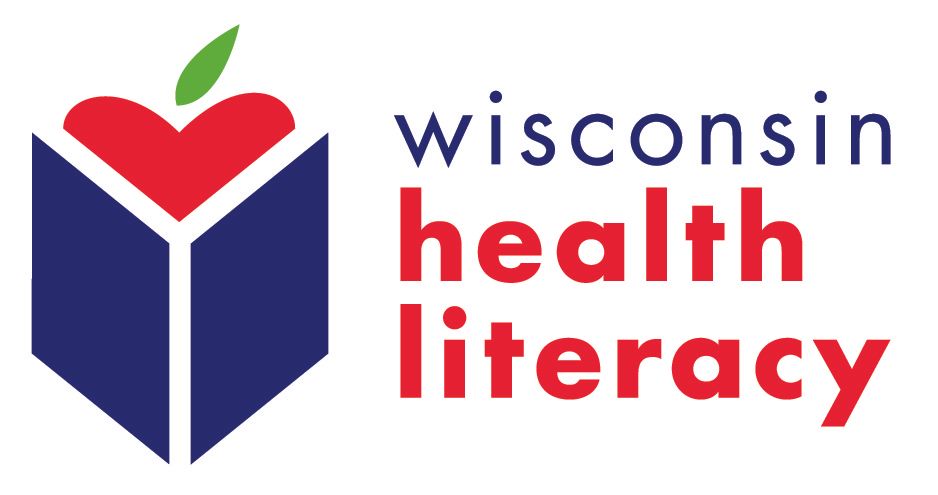Division of Employment and Training (DET)
https://dwd.wisconsin.gov/det/
The Division of Employment & Training (DET) develops and maintains employment-focused programs that enable employers to hire and retain the workforce they need and that provide individuals and families with services that enable them to achieve financial well-being as members of Wisconsin's workforce. The DET delivers services through public-private partnerships and a statewide network of Job Centers http://wisconsinjobcenter.org/.
One of these key partnerships that impacts local literacy agencies is with Wisconsin Workforce Development Association (WWDA). WWDA represents the eleven Workforce Development Areas (WDAs) who administer federal Workforce Innovation and Opportunity Act (WIOA) Title I programs as well as other federal, state and local workforce development initiatives across Wisconsin. Each of the eleven WDAs has a Workforce Development Board (WDB). Click here to download a map and contact information of the 11 WDAs.
Each local WDB is required to create a local plan that brings together state agencies, non-profit agencies, for profit companies, and the education system. DET approves the plans for each of Wisconsin’s local WDBs using state-issued guidelines that align with state and federal policy. Workforce development board meetings are open to the public and should be listed on their website.
WIOA impacts many local literacy agencies because it calls for a strengthening of existing workforce development and adult education programs in four ways that can benefit adults and youth with barriers to economic success. The four ways include:
- Increases the focus on serving the most vulnerable workers – low-income adults and youth who have limited skills, lack work experience, and face other barriers to economic success
- Expands education and training options to help participants access good jobs and advance in their careers
- Helps disadvantaged and unemployed adults and youth earn while they learn through support services and effective employment-based activities
- Aligns planning and accountability policies across core programs to support more unified approaches to serving low-income, low-skilled individuals
Under Title I, WDBs can provide the following support:
- Transportation assistance
- Childcare assistance
- Planning and transition assistance to post-secondary education
- Transitional jobs for individuals with no/poor work history
- On-the-job training
- Paid work experience

